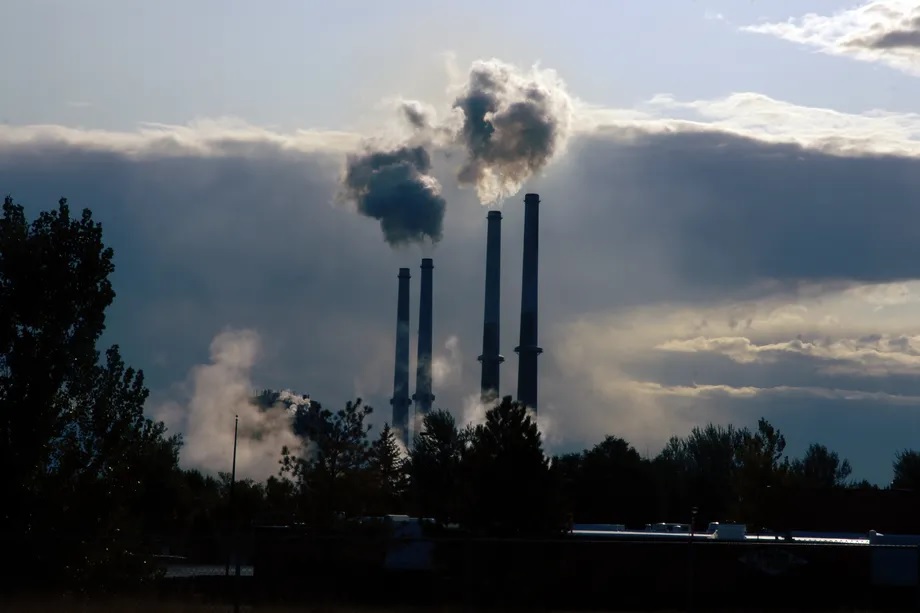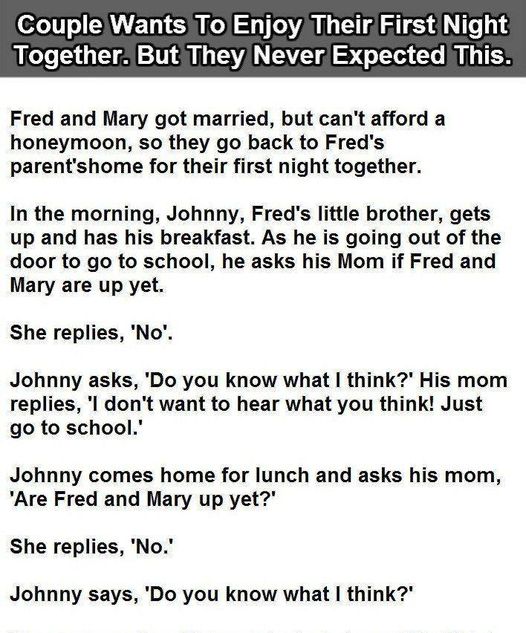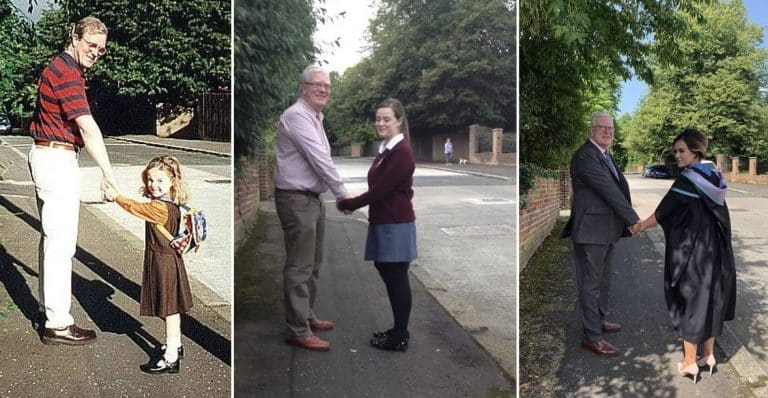A lawsuit in the state of Montana could set a legal precedent on climate action.
Jonquilyn Hill is the host of The Weeds, Vox’s podcast for politics and policy discussions. Prior to joining Vox she was a senior producer for WAMU and NPR’s 1A.
Do citizens have a right to a healthy environment? In Montana they do. The state constitution reads, “The state and each person shall maintain and improve a clean and healthful environment in Montana for present and future generations.” And a group of young people are using that language to sue the state over its energy policies.
In one of the country’s first climate change lawsuits, a group of 16 young people in Montana alleges that the state has violated their constitutional right to “a clean and healthful environment.” The plaintiffs are arguing that the state government’s ongoing support of the fossil fuel industry in Montana is disproportionately harming them. Depending on the ruling, this could set an example for similar suits across the country.
Montana is a major coal exporter and has the largest coal reserves in the United States. The coal industry has also been a boon for the local economy: Jobs in the coal industry pay about 30 percent more than the median income in the state. The outcome of this case could impact coal’s place in the local economy.
At the same time, preserving the environment makes economic sense for Montana, too. Outdoor recreation is a $7.1 billion dollar industry there. Camping, hiking, fly fishing, and other outdoor activities draw tourists to the state. Critics of the state’s current energy policy point toward green energy like wind turbines as a possible economic alternative to fossil fuels.
This case could also set a precedent, creating a legal roadmap for similar challenges at a crucial time. According to the Intergovernmental Panel on Climate Change, the UN’s goal to limit warming to 1.5 degrees Celsius will be out of reach unless drastic changes are made in the next two years.
One of the plaintiffs, Grace Gibson-Snyder, remembers when she first noticed the impact of climate change in her hometown. It was during one of her summer soccer practices in August, when wildfire smoke blew into the Missoula Valley, where she lives. “The smoke was so dense that the kids on the team with asthma could not play at all,” she said. “And then for the rest of us, it was uncomfortable. It feels like it’s scratching your throat and your lungs.”
Gibson-Snyder, who is 19, says she’s frustrated with the way that young people are discussed as the solution to the climate crisis. She’s also frustrated with what she views as government inaction. “I wish lawmakers understood that this is the only way I see a future where I want to be there. And the youth don’t have a choice, we will be there one way or another.”
The Montana state attorney general’s office has referred to this case as a publicity stunt exploiting well-intentioned kids, and gave The Weeds the following statement when asked for comment, which reads in part:
Following the legislative session, there are no existing laws or policies for the district court to rule on. A show trial on laws that do not exist, as the district court seems intent on holding, would be a colossal waste of taxpayer resources. This same lawsuit has been thrown out of federal court and courts in a dozen other states — and it should be dismissed here in Montana as well.
No matter the outcome, the trial in Helena, Montana likely won’t be the end of this legal battle, according to Amanda Eggert, environmental reporter for Montana Free Press. “I think there’s no question that there will be an appeal to the Montana Supreme Court, no matter which way it goes,” she said. “So I think we’re looking at several years before it’s finally decided.”
Below is an excerpt of my conversation with Eggert, edited for length and clarity. You can listen to The Weeds on Apple Podcasts, Spotify, Stitcher, or wherever you get podcasts.
Jonquilyn Hill
Can you walk us through the timeline of events regarding this case?
Amanda Eggert
So in March of 2020, 16 youth plaintiffs filed the lawsuit in a district court in Montana. Shortly thereafter, the state moved to dismiss the complaint, arguing that the plaintiffs didn’t have standing to bring the lawsuit. And the judge in this case, Kathy Seeley, denied the motion to dismiss and essentially set the lawsuit on a path for trial.



